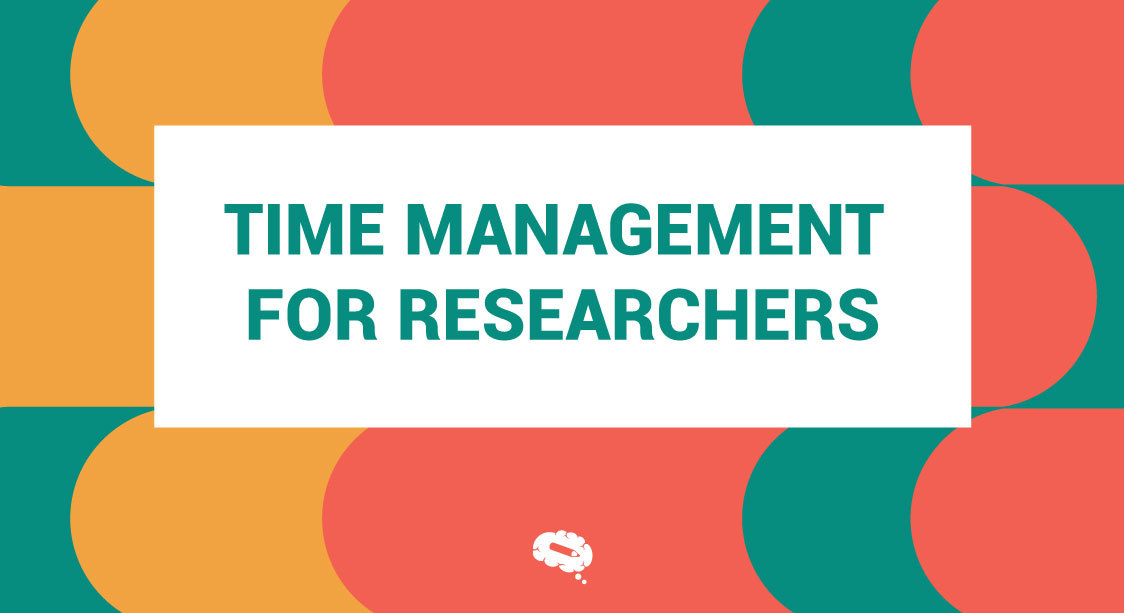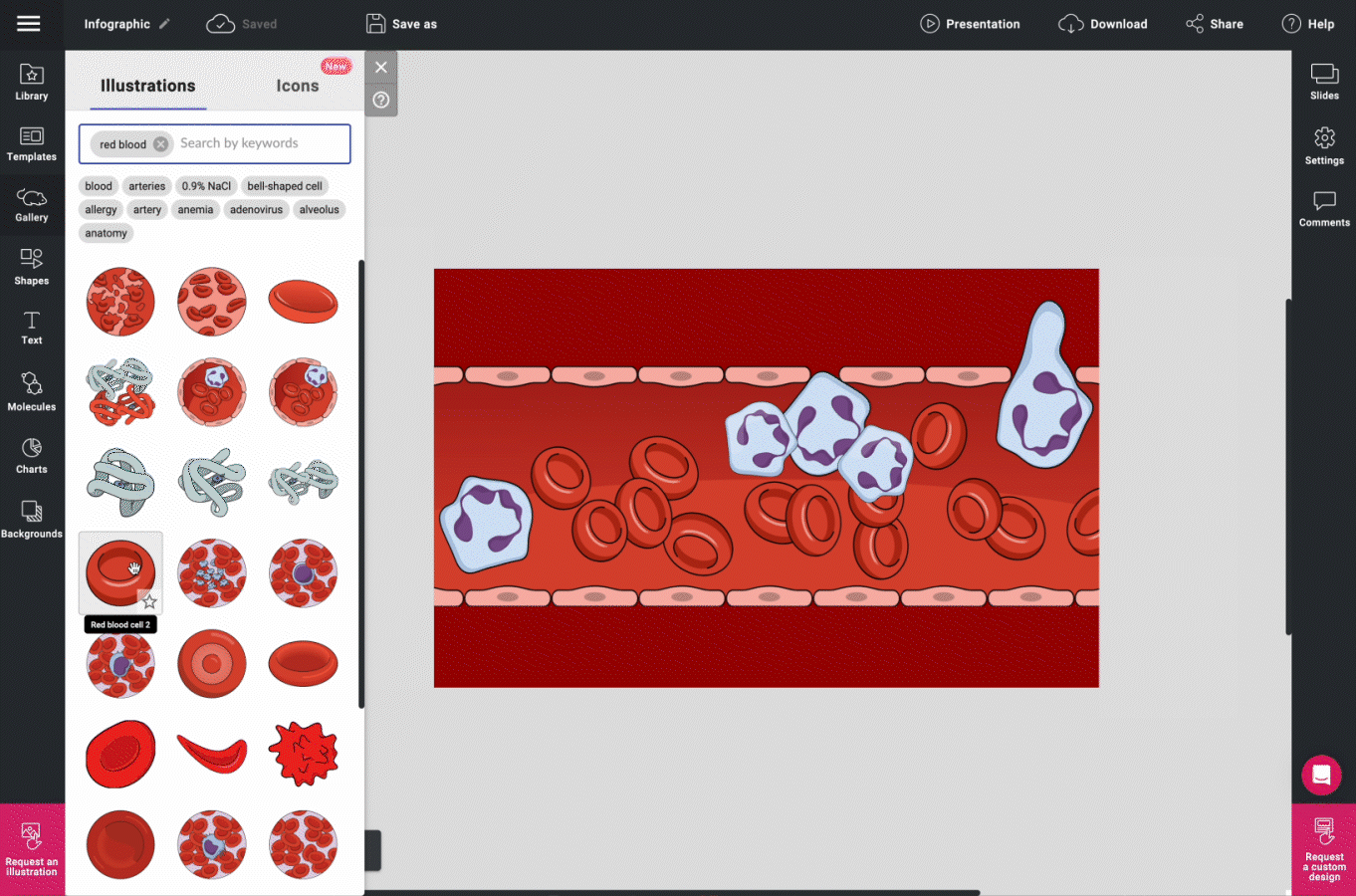Time management for researchers is an essential skill for being productive, which not only helps to get their work done promptly but also allows them to make the most of their time and resources. There are many techniques available, but some strategies have proven more successful than others when it comes to managing research projects effectively. Let’s talk about them in detail.
3 Steps For A Good Time Management For Researchers
Let us help you manage your stress by helping you lay down time management for researchers. First thing first!
Step 1: Understanding How Much Time Is Available
Anything that can be quantified only can be managed. Thus, understanding “How Much Time is Available?” becomes the most important question to ask. Start by getting a clear picture of what needs to be done each day or week. This can include tasks related to work, school, family obligations, or other commitments that require attention throughout a given period such as one month or year.
Once you know exactly what activities need what amount of time, then create realistic goals with achievable deadlines. Timeframes need to be set accordingly so they are not rushed at the last minute but instead completed efficiently over longer periods allowing more room for error if necessary while still meeting all expectations within reasonable timescales. Time management in a researcher’s life is essential to achieving your goals without feeling overwhelmed due to a lack of planning.
This helps avoid procrastination on important tasks as we always come across “urgent tasks” in our ways. Also would help you in times when workload becomes unmanageable leading to feelings of anxiety and stress.
Step 2: Establishing Realistic Goals
All researchers should keep in mind that realistic goals and deadlines for each task are important to complete tasks and avoid frustrations. Goal setting will help ensure that tasks can be completed on schedule without sacrificing quality or taking too much time away from other activities such as attending conferences, writing papers, etc.
For researchers, time management is a key to success. Being able to set realistic goals and manage your time efficiently can make all the difference in reaching your end goal: creating an informative article providing valuable insights, strategies, and techniques. Setting realistic goals helps you plan out how much work needs to be done each day and gives you the motivation that comes with meeting those objectives.
Step 3: To-Do Lists And Prioritization
Start by answering where you need to begin. Creating daily ‘to-do’ lists comes in handy so you know exactly what needs doing throughout your day/week/month – these could include anything from reading journal articles, attending seminars, conducting experiments, or meeting your mentor and friends. Try to jot down all the tasks that require attention at any given time. Next, take your to-do lists and prioritize them according to importance or urgency. This will help to ensure that you don’t overlook anything critical when making decisions about how best to use your available hours each day
Essential Strategy And Tools For Time Management
Breaking down larger projects into smaller chunks makes them easier to tackle without feeling overwhelmed by their scope or complexity. This also allows more room for flexibility if unexpected events arise during completing these tasks which may require adjustments along the way. Breaking down tasks and allotting them time gives you an overall idea, maybe then you can spare an hour for entertainment too.
Technological solutions come in handy in the case of time management. Applications such as calendar apps or project planning software like Trello allow users to set deadlines and create reminders/alerts so they never miss out on important meetings and appointments. They help you track your progress over multiple projects simultaneously with ease. Online applications save valuable minutes from being wasted while searching for specific information through emails about meetings, projects, etc.
Taking Breaks And Scheduling Buffer Times
Refreshing your mind is always a good call to open more space to process all the tasks that you need to do. It’s important to take regular breaks throughout the day as well as schedule buffer times between tasks for unexpected delays or distractions. Taking short 5-10 minute breaks every hour will allow you to recharge mentally and physically so that when you come back from break, your mind is fresh and ready for work again.
Additionally scheduling 10 minutes of “buffer time” at the end of each task will give you some extra breathing room if something takes longer than expected or an emergency arises that requires attention immediately before continuing with other tasks on hand. This helps keep things running smoothly without feeling rushed or overwhelmed by tight deadlines looming ahead due to unforeseen circumstances beyond our control, like an unexpected laboratory visit by the school. Furthermore, taking microbreaks such as checking emails and scrolling through social media feeds are also effective ways of managing focus. However, these breaks should last for a designated time and should not let the flow of writing a research paper be hindered at any cost.
Avoiding Distractions And Waste Of Time
To manage your time effectively, it’s important to avoid pitfalls like distraction by being mindful and staying focused on what needs to be done. One way of avoiding distraction is through setting boundaries for yourself; this could include limiting access or exposure to certain activities that may take you away from productive tasks such as social media platforms or streaming services (Netflix, for example).
Additionally, creating an environment where you feel comfortable working without having unnecessary noise around also allows more engaged time. This includes turning off notifications for apps not related directly to productivity purposes so we don’t become easily distracted during times when the focus should remain intact.
Benefits Of Effective Time Management
It could be difficult to implement all the strategies mentioned above in a day, but if practiced enough these are the best tools for time management for researchers. Start with small targets and try to follow them regularly.
As a researcher, you are probably used to writing journals and taking down notes. Thus, it will be easier to prepare a to-do list of the tasks and allocate time for each one. Following are a few of the benefits that you will be rewarded immediately as soon as you put the knowledge into practice:
- Gaining a sense of control back
- Feeling less overwhelmed
- Meeting deadlines
- Sparing time for self, family, and friends
- Delivering research more accurately
- Achieving high focus on each task
These eventually will lead to a build-up of confidence and harmony back in day-to-day life. Then go for it! Don’t forget to subscribe to our newsletter and stay tuned.
Mind The Graph Is At Your Disposal: Let Us Give You Superpowers!
Mind the Graph is a platform for researchers like you. Let us help you bring the most out of your research information in a graphical abstract. Our platform is so simple to use and fun when you need a break too. Subscribe to Mind the Graph and get access to all the templates for free. Ask our experts to get your research-specific icons to be made and we will help you out. Let us help you save some time and impress your audience.

Subscribe to our newsletter
Exclusive high quality content about effective visual
communication in science.





